A tribute to the life of Harriet Krinsky Pumerantz from her loving WesternU family
President’s Office
March 31, 2025
How does one adequately capture in a simple message the essence of an extraordinary human being, a matriarch to her own family, and even more so to the countless students at COMP and WesternU for years since its beginnings?
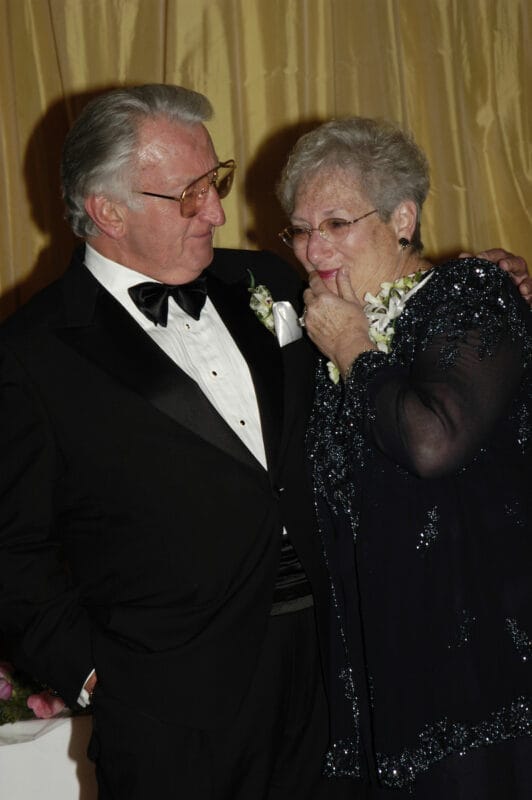 Harriet Krinsky Pumerantz was the matriarch of not only her own family, but also of the WesternU family for many years, and her legacy will endure into perpetuity. Harriet deserves, in my humble opinion, to be recognized as the rightful co-founder of COMP, and WesternU, as the unpretentious force and energy alongside her husband Phil Pumerantz. Those of you who knew her, you know exactly what I mean. Dr. Richard Bond, the first graduate of COMP, and a Trustee stated, “I met her more than 40 years ago and she was a mother to all of us in the medical program.”
Harriet Krinsky Pumerantz was the matriarch of not only her own family, but also of the WesternU family for many years, and her legacy will endure into perpetuity. Harriet deserves, in my humble opinion, to be recognized as the rightful co-founder of COMP, and WesternU, as the unpretentious force and energy alongside her husband Phil Pumerantz. Those of you who knew her, you know exactly what I mean. Dr. Richard Bond, the first graduate of COMP, and a Trustee stated, “I met her more than 40 years ago and she was a mother to all of us in the medical program.”
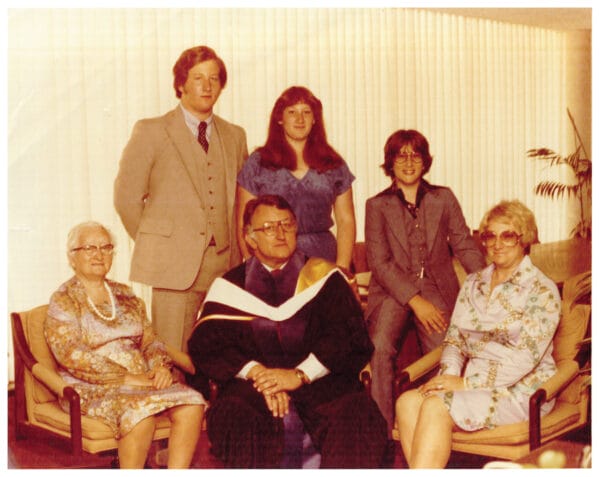 Harriet’s family included not only her husband, Phil, their three children, five grandchildren, and four great-grandchildren, but the generations of families of WesternU since its inception in 1977.
Harriet’s family included not only her husband, Phil, their three children, five grandchildren, and four great-grandchildren, but the generations of families of WesternU since its inception in 1977.
Harriet was born in Hartford, Connecticut, on September 19, 1938, to Charles and Bernice Krinsky. During WWII her father, Charles, a Boston-trained psychiatrist and neurologist, moved his young family to New London, Connecticut, where he opened a solo practice thus becoming the only psychiatrist within a 50-mile radius to New Haven, Hartford, and Providence. In April 1945, Dr. Krinsky was a medic attached to Gen. George Patton’s Third Army as they liberated Buchenwald concentration camp. Harriet and eventually her three younger siblings grew up learning about man’s inhumanity to man through the stories and photos that their father shared with them.
Those early lessons formed the basis of Harriet’s character. She learned about tolerance and appreciation of others from different walks of life. She held her Jewishness close to her heart, always keeping kosher and fervently living a Jewish life. And for the rest of her life, the Holocaust was a constant reminder for her.
In small New England communities like New London in the 1950s, doctors were held in high regard, and their kids learned that their behaviors and their achievements would be under constant scrutiny and would directly reflect upon their parents. There was no room for error.
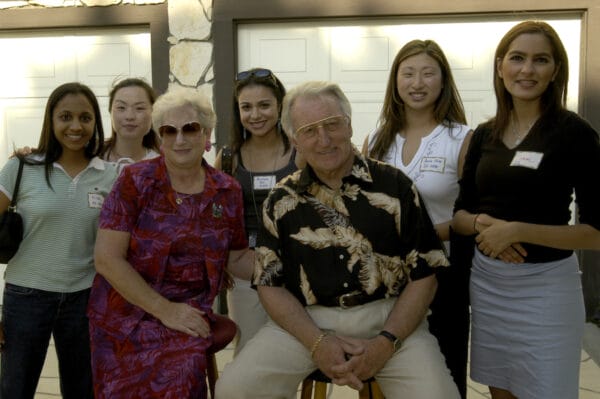 |
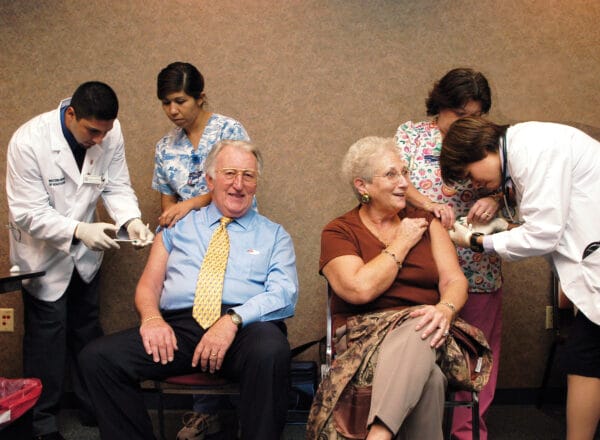 |
Then there were her father’s patients who would often and unexpectedly call the house at all hours of the day and on weekends looking for the doctor (there were no answering services or answering machines back then). As a teenager, Harriet would answer the phone and listen with empathy, kindness, and what’s now called, emotional intelligence, never forgetting that the distraught voice she heard on the other end of the line belonged to someone who was deeply suffering.
Harriet would help her father and the nurses at his small private hospital just north of New London called Cove Hill Manor, where she learned the value of hard work, humility, and dedication to her family and to helping others in need.
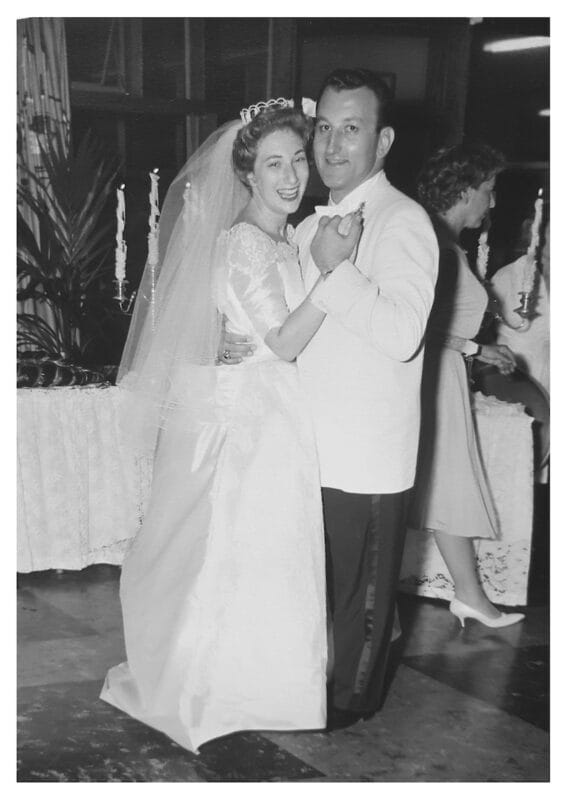 By 1956, Harriet’s future aspirations began to take shape. As she went off to Wilson College, in Chambersburg, Pennsylvania, she dreamed of becoming a social worker, but realized that her real calling was to become an elementary school teacher. She transferred to the University of Connecticut’s School of Education the following year. That summer at Ocean Beach in New London, she met another New Londoner and UConn undergraduate: the dashing history major, Phil Pumerantz. When she finished UConn three years later, they were married. They settled back in New London, living next door to Phil’s widowed mother. Harriet started teaching second-grade and Phil taught high school history.
By 1956, Harriet’s future aspirations began to take shape. As she went off to Wilson College, in Chambersburg, Pennsylvania, she dreamed of becoming a social worker, but realized that her real calling was to become an elementary school teacher. She transferred to the University of Connecticut’s School of Education the following year. That summer at Ocean Beach in New London, she met another New Londoner and UConn undergraduate: the dashing history major, Phil Pumerantz. When she finished UConn three years later, they were married. They settled back in New London, living next door to Phil’s widowed mother. Harriet started teaching second-grade and Phil taught high school history.
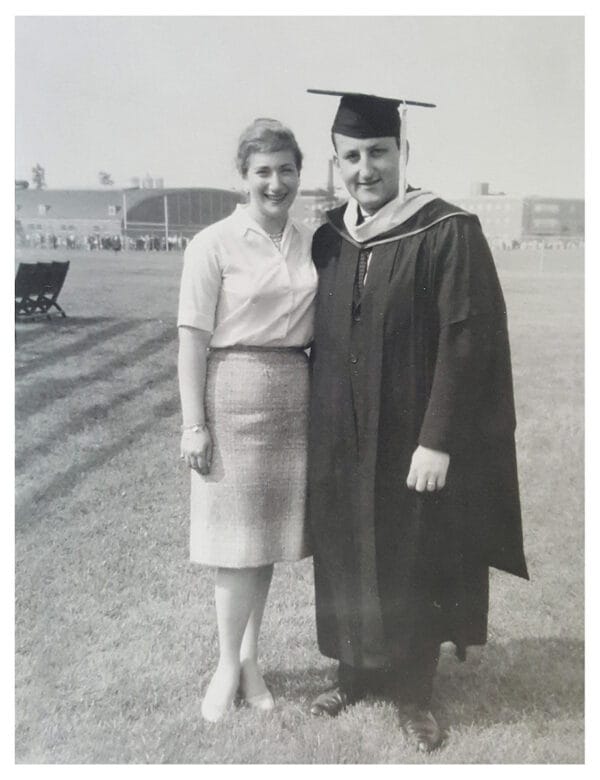 Harriet’s little students loved their “Mrs. Pumerantz,” especially when, as a 23-year-old expectant mother, she taught all the way through June of the 1962 academic year just weeks before delivering her firstborn child in July. The following year, she and Phil moved their young family to Fairfield, Connecticut, where he took a job as a House Master at a Junior High School. It was the beginning of an epoch of lifelong collaboration between them that would inspire generations to come. After putting her three kids to bed every night throughout the ’60s and early ’70s, Harriet literally rolled up her sleeves to help her husband complete his PhD thesis, to edit his books and papers.
Harriet’s little students loved their “Mrs. Pumerantz,” especially when, as a 23-year-old expectant mother, she taught all the way through June of the 1962 academic year just weeks before delivering her firstborn child in July. The following year, she and Phil moved their young family to Fairfield, Connecticut, where he took a job as a House Master at a Junior High School. It was the beginning of an epoch of lifelong collaboration between them that would inspire generations to come. After putting her three kids to bed every night throughout the ’60s and early ’70s, Harriet literally rolled up her sleeves to help her husband complete his PhD thesis, to edit his books and papers.
Throughout her years as a teacher in a brick-and-mortar elementary school, as a substitute teacher, tutor, and then for hospital- and home-bound students unable to get to school, she was equal parts social worker, confessor, guidance counselor, friend, and even, at times, surrogate mother.
Harriet was more than Phil’s cheerleader. She was his North Star. He never forgot that. Harriet encouraged her husband to take chances, which in the mid-1970s included moving to three different homes in three different states, including Connecticut, Illinois, and California, across three different time zones, consecutively within a three-year period.
In 1977, that third home on Coolcrest Avenue in Upland, California, became the spiritual nucleus for the growth and development of COMP, its young faculty, students, and alumni. Coolcrest was where annual Ice Cream Socials were held, where board members would stay, where new colleges and eventually WesternU were conceived. For nearly 48 years, Coolcrest remained Harriet’s homestead for the rest of her life.
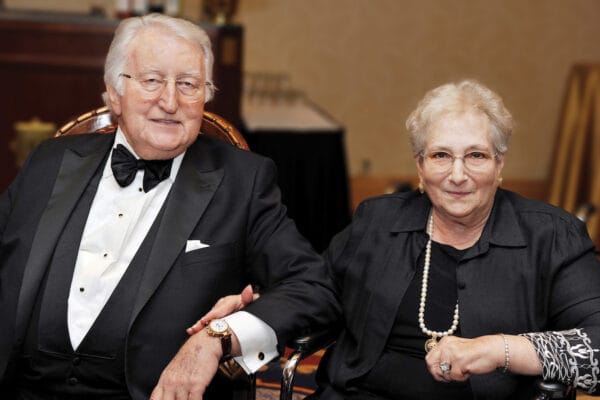
Although, Saturday evening, Harriet passed peacefully, her precious spirit will forever live in our hearts and minds. We will continue to promote her special brand of compassion, concern, and caring that so perfectly embodies who we are as a university. No wonder that we have as our core value “humanism,” for that is what Harriet Pumerantz represents to us, and the gift that she has given to us to carry forward into the university’s future, as a guiding beacon of light.
Warmest Regards,
Robin

